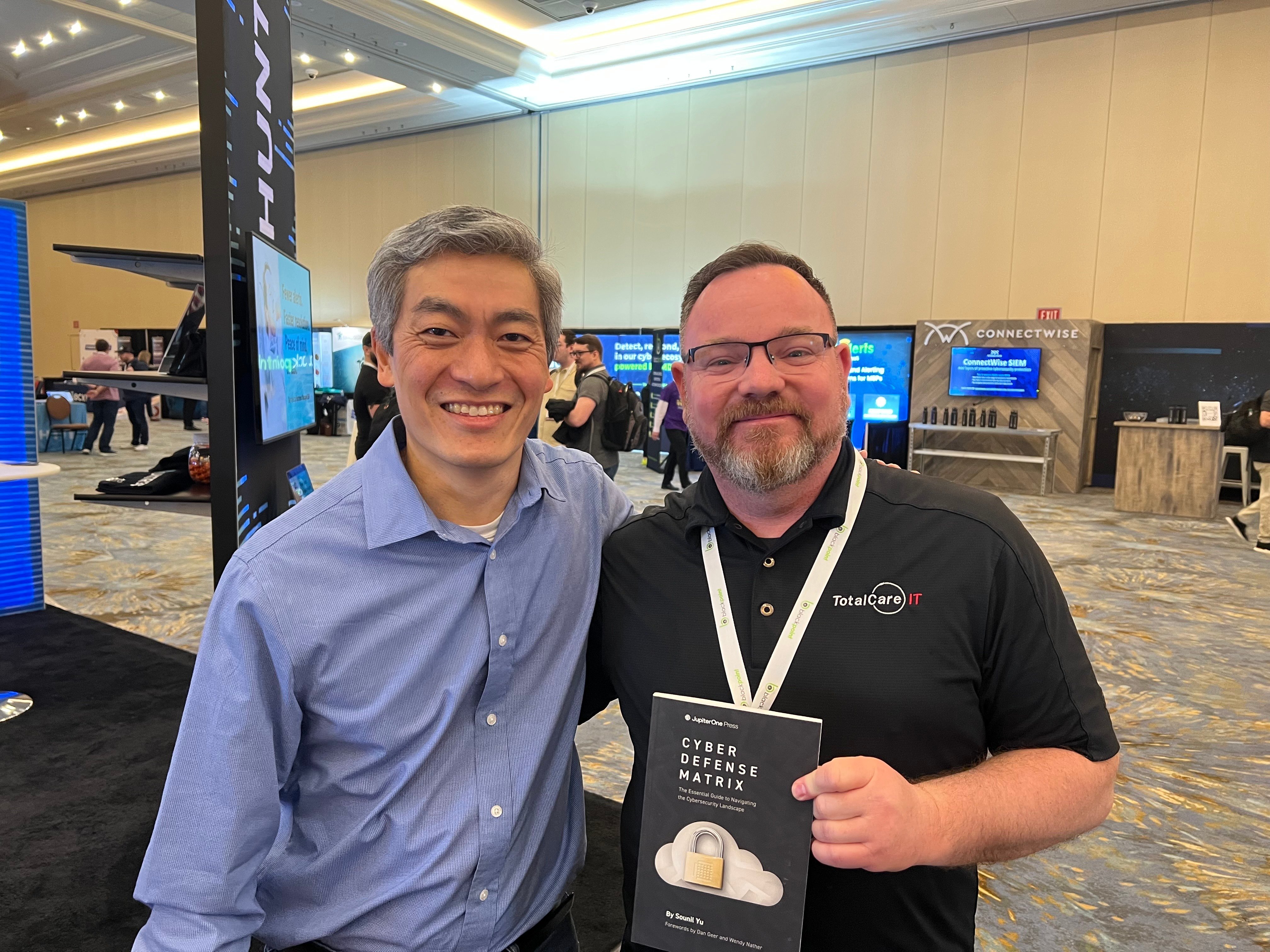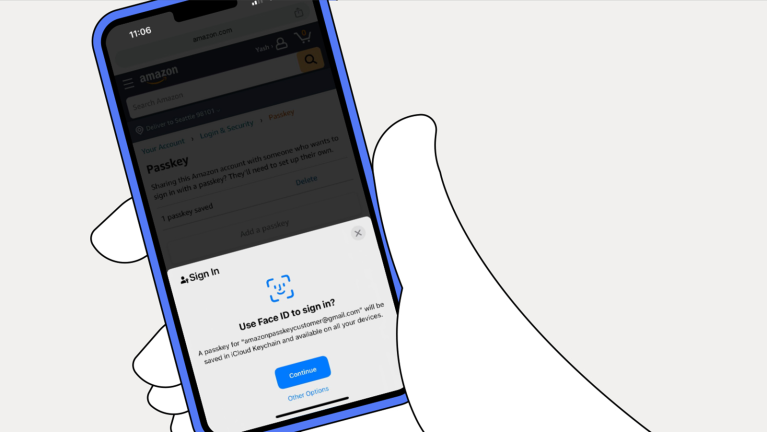Most Businesses Don't Have This Executive Role But Should
If your business falls under any data compliance regulations such as HIPAA, CMMC, PCI, SOC 2, etc., you may have been told you need a security...
3 min read
![]() Totalcare IT
:
Apr 2, 2025 10:00:00 AM
Totalcare IT
:
Apr 2, 2025 10:00:00 AM
For Idaho professionals, public Wi-Fi offers a vital resource—whether you’re finalizing a contract at a Boise coffee shop, reviewing financials at a Twin Falls hotel, or catching up on emails during a layover at Idaho Falls Regional Airport. While this connectivity is invaluable, it carries inherent risks that could expose your business’s sensitive data to cyber threats. Understanding these vulnerabilities is critical for Idaho companies aiming to protect their operations. Below, we outline the two primary dangers and provide actionable steps to secure your data.
Public Wi-Fi is ubiquitous across Idaho, from urban hubs like Boise and Meridian to rural communities along the I-15 corridor. It’s an essential tool for business owners, remote workers, and traveling professionals. However, the unsecured nature of these networks makes them a target for cybercriminals seeking to exploit unsuspecting users. The two most significant risks facing Idaho businesses are Man-in-the-Middle (MITM) attacks and Evil Twin attacks—sophisticated threats with the potential to compromise your company’s integrity.
Consider a scenario familiar to many Idaho professionals: you’re working from a café in Boise or a library in Pocatello, accessing your company’s email or financial systems. You assume your connection to the public Wi-Fi is secure. However, a cybercriminal could have infiltrated the network, intercepting your data in real time.
In an MITM attack, the perpetrator positions themselves between your device and the Wi-Fi network, gaining visibility into your online activities. This allows them to capture sensitive information—passwords, client correspondence, or payment details—without detection.
The consequences can be severe. Stolen data may be sold on the dark web, used to perpetrate phishing schemes targeting your Idaho clients, or leveraged to drain business accounts. For companies in industries like agriculture, manufacturing, or tourism—key sectors in Idaho’s economy—the loss of proprietary or customer data could erode competitive advantage and client trust.
Picture yourself at a bustling Idaho location, such as Boise Airport or a hotel in Sun Valley, selecting from available Wi-Fi options: “Idaho Guest Wi-Fi” or “Hotel Secure Network.” Both appear legitimate, but one could be a fraudulent hotspot orchestrated by a cybercriminal.
An Evil Twin attack involves a hacker creating a counterfeit Wi-Fi network that mirrors a genuine one. Upon connecting, your online activity becomes fully visible to the attacker. They may harvest login credentials, intercept session cookies, or even deploy malware onto your device—all without your awareness.
The fallout can extend beyond immediate data theft. Malware could persist, covertly collecting information long after you’ve left the network. For Idaho businesses, this might mean compromised trade secrets, exposed customer records, or regulatory violations, particularly for firms handling sensitive data under state or federal guidelines.
While public Wi-Fi poses risks, Idaho professionals can mitigate these threats with disciplined practices. Implementing the following strategies will bolster your company’s defenses, ensuring your data remains secure whether you’re in Nampa, Idaho Falls, or beyond.
Refrain from accessing confidential information—such as banking portals, payroll systems, or client databases—over public Wi-Fi. Reserve these tasks for secure, private networks to minimize exposure.
Ensure all websites you visit use HTTPS encryption, identifiable by a padlock icon and “https://” in the URL. This standard protects your data from interception, a critical safeguard on Idaho’s public networks.
Equip your devices with trusted browser extensions that block trackers, advertisements, and malicious sites. These tools enhance your security posture, reducing vulnerabilities specific to open Wi-Fi environments.
Deactivate auto-connect features on your business devices. This prevents unintended connections to unverified or hazardous networks, a common risk in Idaho’s public spaces.
Avoid interacting with unexpected pop-ups, which may serve as vehicles for malware. If a prompt seems suspicious, close it immediately to protect your system.
Activate 2FA across your business accounts. Requiring a secondary verification step—such as a code sent to your mobile device—fortifies account security, even if credentials are compromised.
Regularly update your devices and software to incorporate the latest security patches. This diligence addresses vulnerabilities that could otherwise be exploited on Idaho’s public Wi-Fi networks.
Public Wi-Fi is a practical asset for Idaho’s dynamic business community, but its convenience must be weighed against potential risks. A single lapse in vigilance could lead to a data breach with lasting repercussions for your company. By adopting these protective measures, you can confidently leverage public networks while safeguarding your business’s assets. Consider this: Is the ease of free Wi-Fi worth jeopardizing your Idaho operation’s security?
For expert guidance on securing your business data—whether you’re based in Boise, Idaho Falls, or anywhere in between—contact us today. We’re committed to keeping Idaho companies working.

If your business falls under any data compliance regulations such as HIPAA, CMMC, PCI, SOC 2, etc., you may have been told you need a security...

Amazon recently revealed that 175 million customers have embraced passkeys, a login technology that offers a faster, more secure alternative to...

Is your manufacturing business looking for secure IT services in the Idaho Falls area? If so, consider meeting with TotalCare IT.